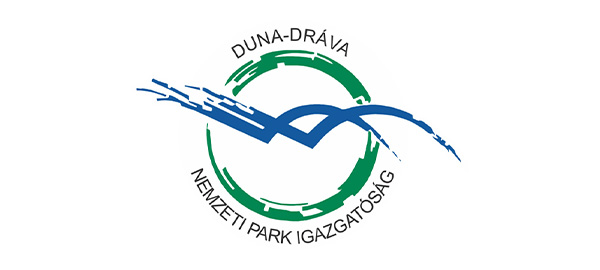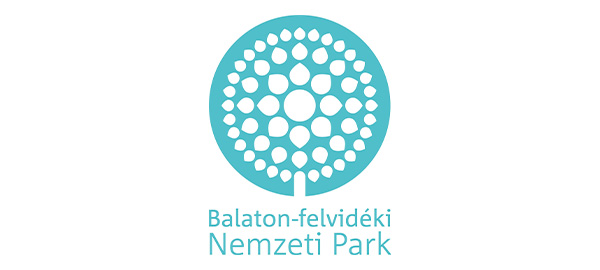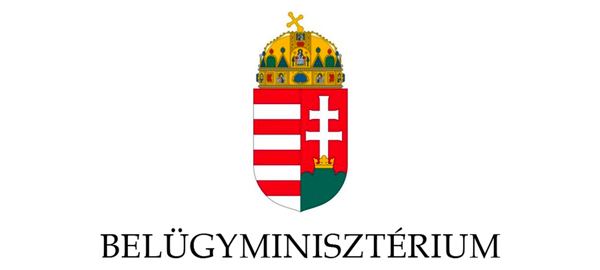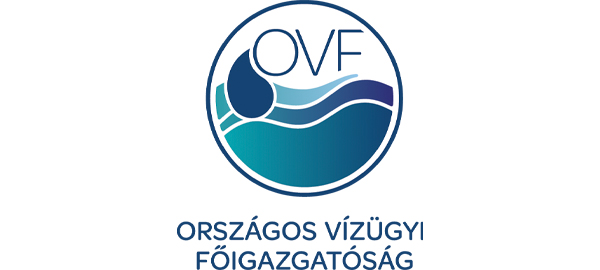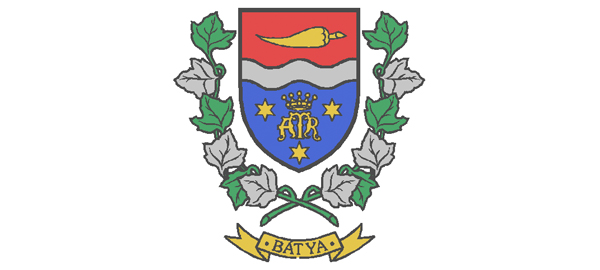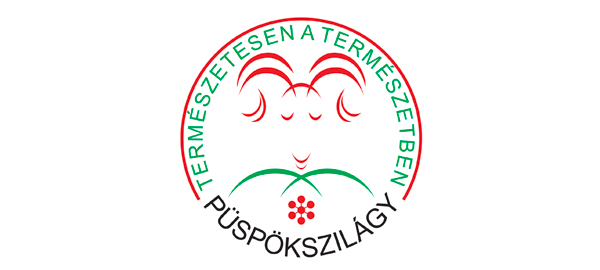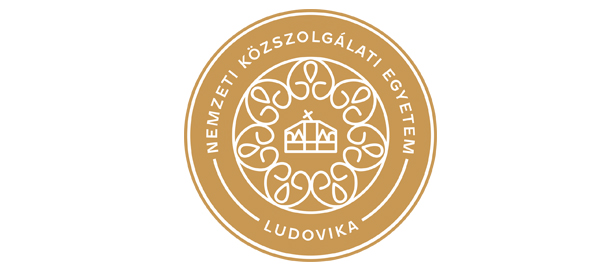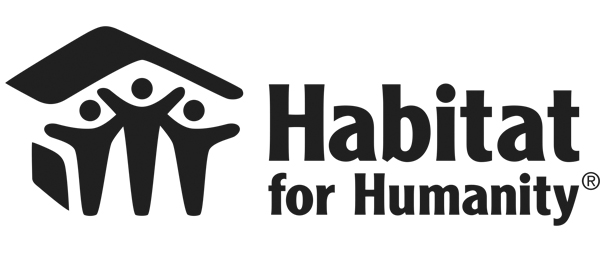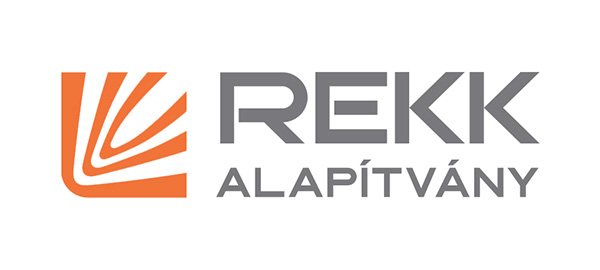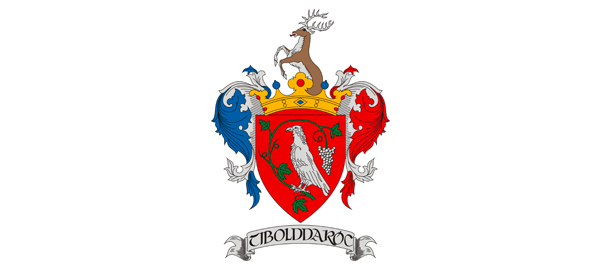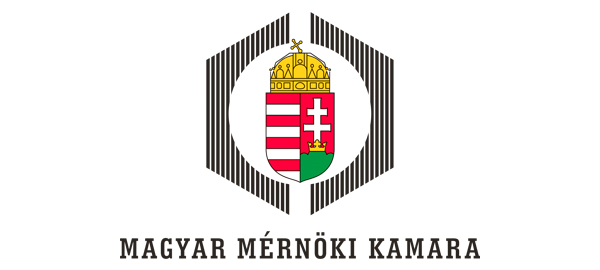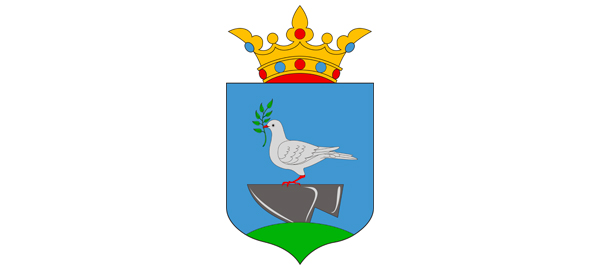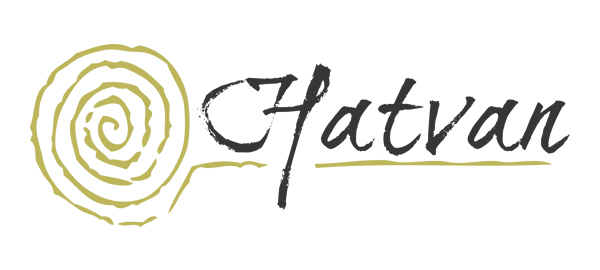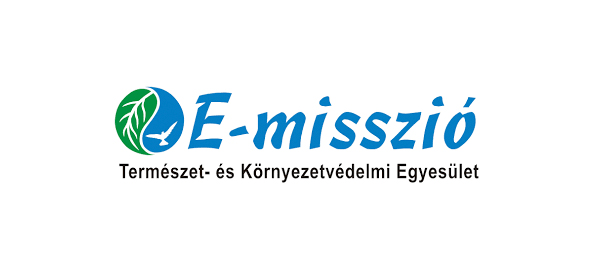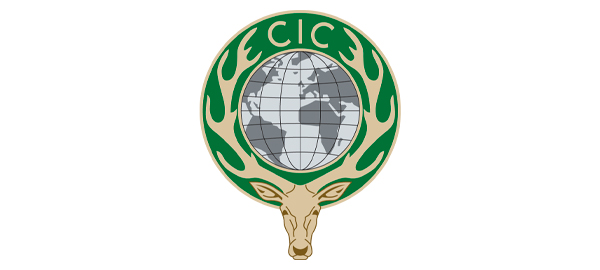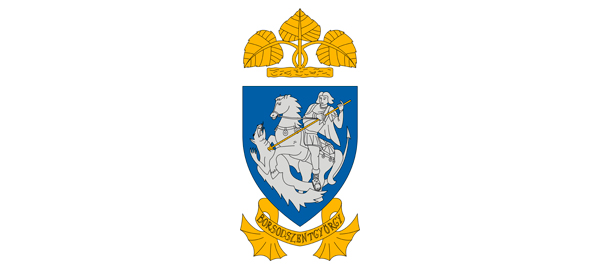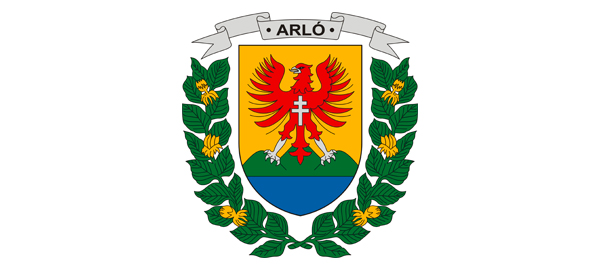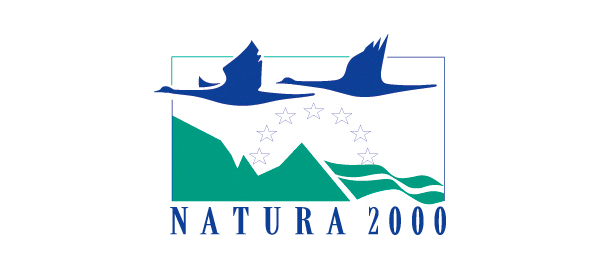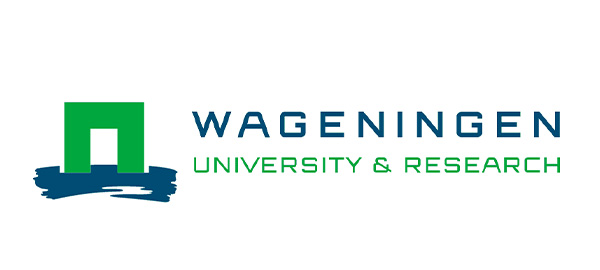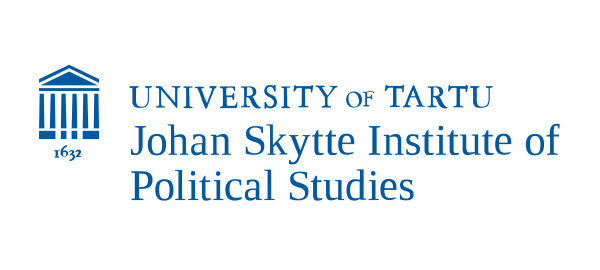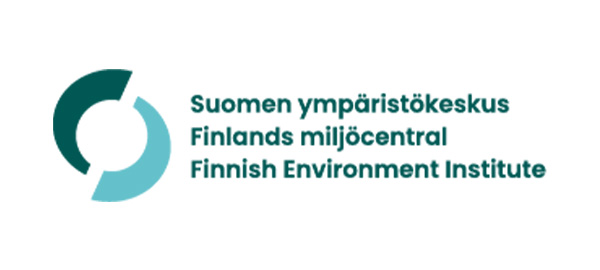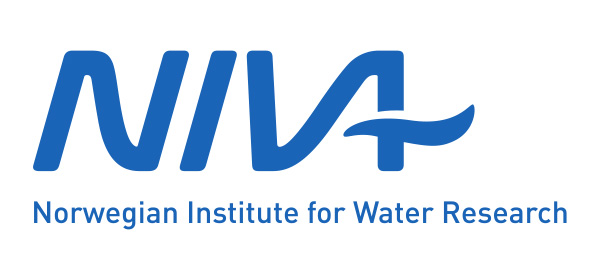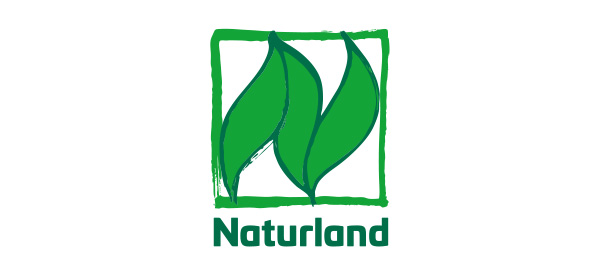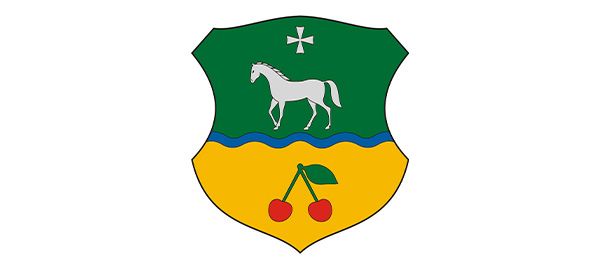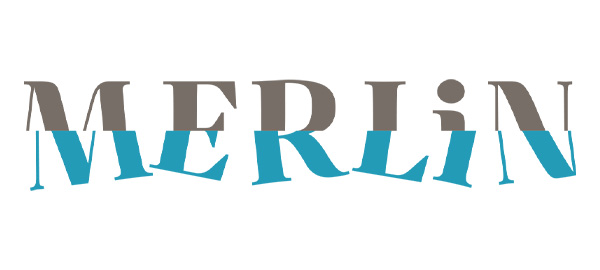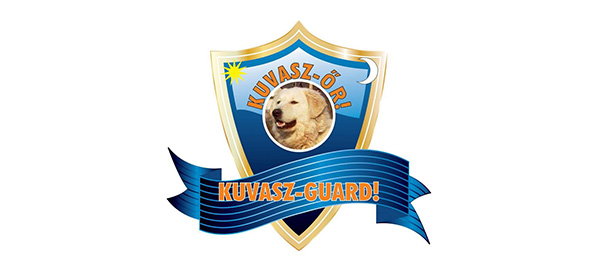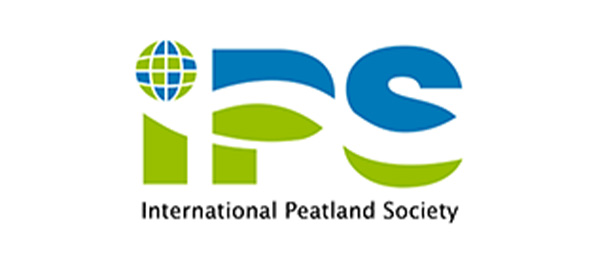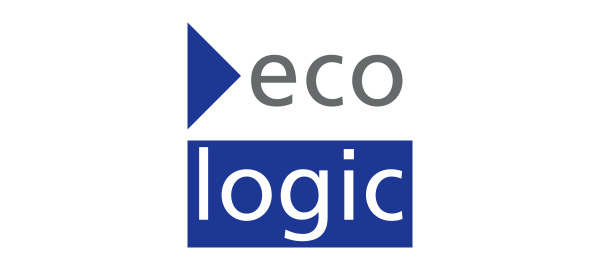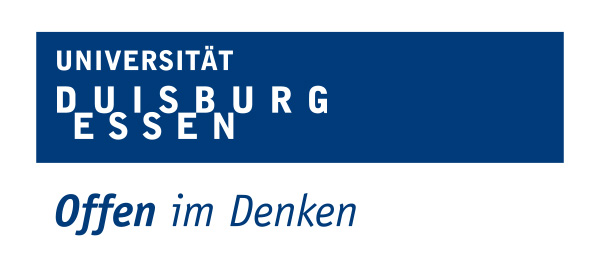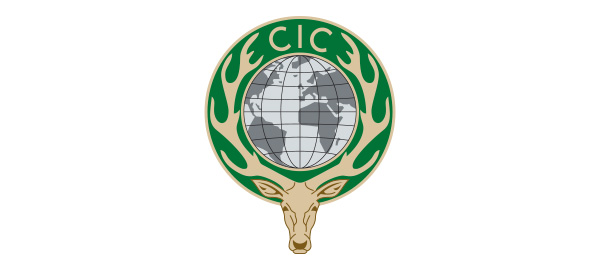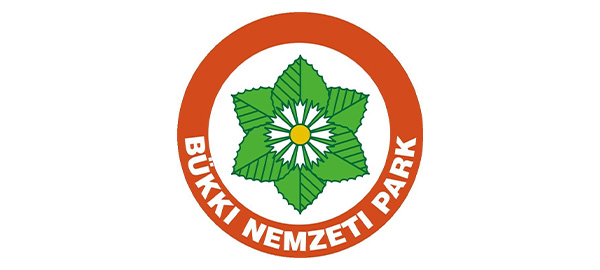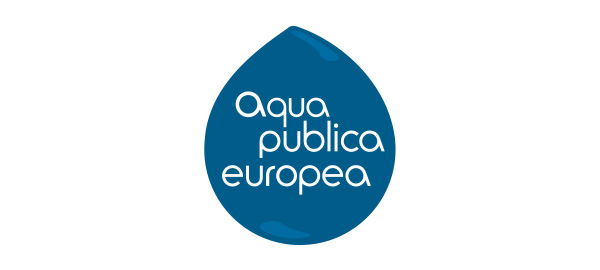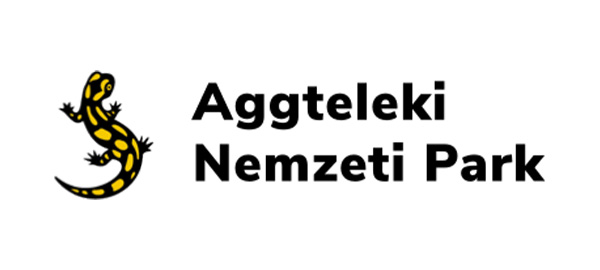NATURE CONSERVATION WORKS
WWF’s mission is to build a future in which people live in harmony with nature. Our goal is to conserve biodiversity, to reduce environmental pollution, to ensure that the use of renewable natural resources is sustainable and to promote the use of renewable energy. We focus our work on those ecological regions that are especially crucial for the conservation of biodiversity.
forests
One fifth of Hungary’s territory is covered with various forests. Only half of these forests are of natural origin – such as various oak and beech forests – the other half is “man-made”: black locust, conifer and hybrid poplar plantations. At least 60% of our domestic wildlife species are connected to natural forests. The majority of birds of prey, woodpeckers, bats, large beetle species; many seed plants, mosses and mushrooms can be found almost only in the forests. Besides maintaining biological diversity, forests provide such basic services for the society like clean drinking water, fresh air, climate control, timber, or relaxation possibilities. The role of forests is appreciated particularly in the vicinity of settlements. At the same time, the most valuable forests can be preserved in the national parks.
Living rivers
Water is an essential element for humans. Freshwater habitats are threatened worldwide and only conservation and sustainable management can restore them. Our Living Rivers Program aims to halt the degradation of nature and to restore natural processes in our main rivers and their floodplains. This would preserve biodiversity in nature, while enabling people to better adapt to the adverse effects of climate change and build livelihoods based on natural assets. Find out what we are doing to preserve the Danube, the Tisza and the Mura-Drava-Danube Transboundary Biosphere Reserve!
Climate and energy
We are running out of time to avoid the impacts of more severe climate change than we are facing now, while we also need to adapt to the changes that are already happening. Both are huge tasks with tangible, practical issues that affect all aspects of life. How can we switch our energy system to nature-friendly, renewable energy sources? How can we respond to increasingly extreme weather? In addition, what solutions can be found at local level, taking into account local characteristics? How much responsibility do individuals, communities, and socioeconomic decision-makers bear in decreasing our ecological footprint and ensuring sustainable consumption? Find out more about what our Climate and Energy Program addresses under these major areas!
Climate and energy
We are running out of time to avoid the impacts of more severe climate change than we are facing now, while we also need to adapt to the changes that are already happening. Both are huge tasks with tangible, practical issues that affect all aspects of life. How can we switch our energy system to nature-friendly, renewable energy sources? How can we respond to increasingly extreme weather? In addition, what solutions can be found at local level, taking into account local characteristics? How much responsibility do individuals, communities, and socioeconomic decision-makers bear in decreasing our ecological footprint and ensuring sustainable consumption? Find out more about what our Climate and Energy Program addresses under these major areas!
Large carnivores
After centuries of persecution, Europe’s large carnivores, such as wolves, lynxes, and bears, have returned in many areas across the continent in recent decades. In Hungary, they occur mainly in the North Hungarian Mountains. Their presence has many positive effects on the functioning of ecosystems, but in order to support their survival and place in native forests, we must relearn how to coexist with them. WWF Hungary aims to create a broad discourse about the coexistence of humans and large carnivores, as well as to share as many national and international best practices as possible with stakeholders.
Enviromental education
We currently offer two environmental education programs in secondary schools around the country. Lenovo Hungary supports our environmental education initiative, WWF for Children. The program aims to present different local ecosystems with the use of VR headsets. The 2*60-minute sessions discuss the value of biodiversity, the concept of ecological footprint, and playfully illustrate a social trap with an environmental example: “The tragedy of the commons”. The complex theatre education performance BLINDSPOT (VAKFOLT) is a collaborative effort with KÁVA Theatre. The performance is followed by a workshop where we demonstrate through historical events how humans unknowingly disturb ecological networks and what actions we can take to protect our environment.
Enviromental education
We currently offer two environmental education programs in secondary schools around the country. Lenovo Hungary supports our environmental education initiative, WWF for Children. The program aims to present different local ecosystems with the use of VR headsets. The 2*60-minute sessions discuss the value of biodiversity, the concept of ecological footprint, and playfully illustrate a social trap with an environmental example: “The tragedy of the commons”. The complex theatre education performance BLINDSPOT (VAKFOLT) is a collaborative effort with KÁVA Theatre. The performance is followed by a workshop where we demonstrate through historical events how humans unknowingly disturb ecological networks and what actions we can take to protect our environment.
Other conservational affairs
WWF is active worldwide on issues that do not fit directly into any of our domestic programmes. Here you can find all of our most important news of sustainability, plastic pollution, and marine life.
Projects
The nature conservation projects of WWF Hungary are part of our four main programs: Forest, Living Waters, Climate Protection, and Large Carnivores programs. Our projects are multilayered — during implementation we use methods such as field interventions, stakeholder engagement, nature conservation advocacy, and awereness raising.
Projects
The nature conservation projects of WWF Hungary are part of our four main programs: Forest, Living Waters, Climate Protection, and Large Carnivores programs. Our projects are multilayered — during implementation we use methods such as field interventions, stakeholder engagement, nature conservation advocacy, and awereness raising.
